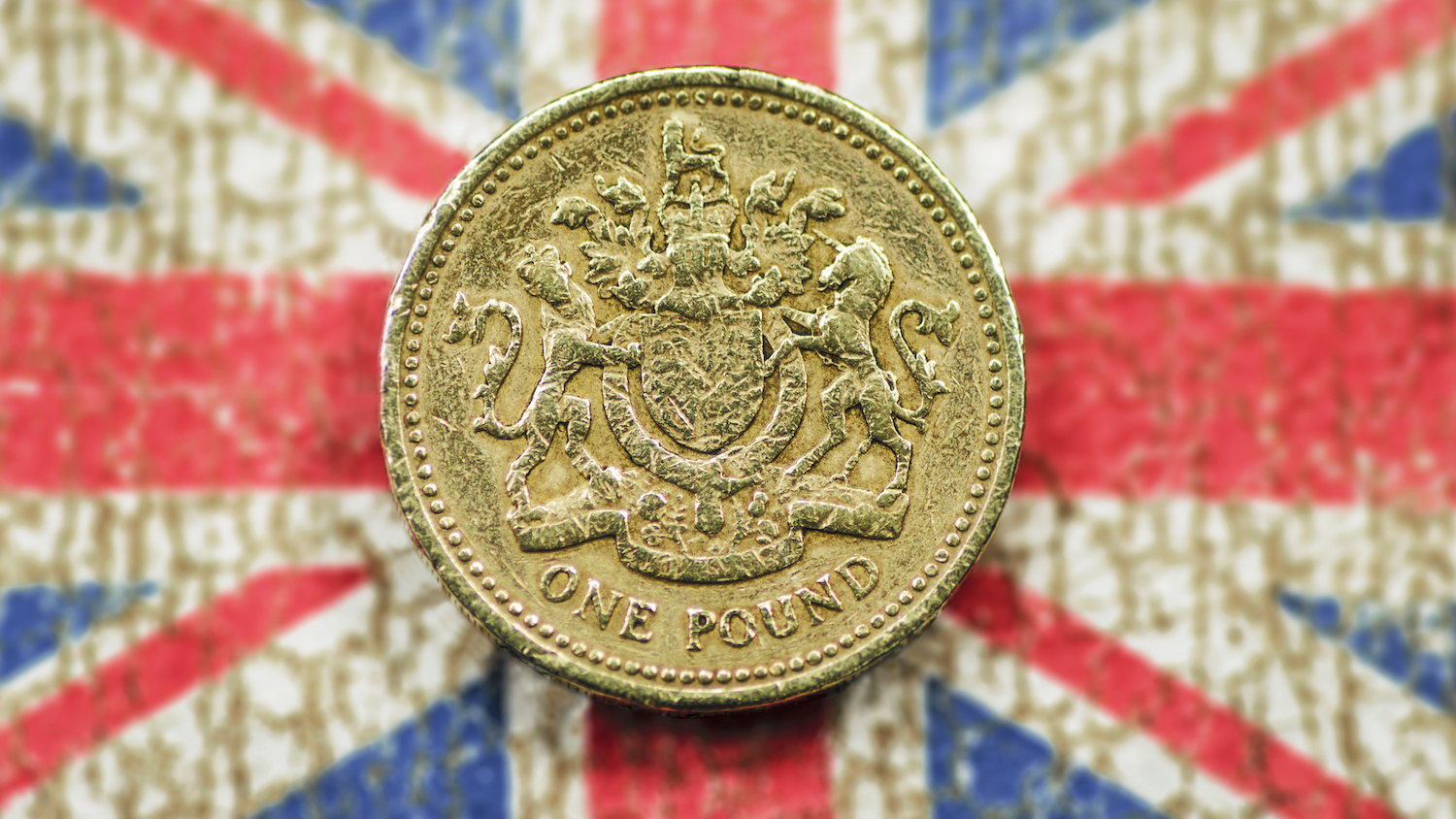What’s Going on in the UK Markets?
Professor Richard Warr addresses the current standing of the UK economy

The United Kingdom’s (UK) financial markets are currently in turmoil. In particular, the prices of bonds, financial instruments that governments and firms use to borrow money, and the British Pound have both fallen dramatically. The decline in UK bond prices has then created some unforeseen consequences that have brought the system close to collapse.
Richard Warr, associate dean for faculty and research and professor of finance, addresses recent events that have led poor state of the economy across the pond.
The UK Economy
The UK economy is currently in a poor state. Growth is slow due to the pandemic and Brexit, and inflation is running near 10%. The UK central bank, the Bank of England, has been trying to get inflation under control by slowly raising interest rates to cool demand. The Bank is managing a delicate balancing act as too much of an interest rate hike could plunge the economy into a recession.
A New Prime Minister
In the meantime, the UK has a new Prime Minister, Liz Truss, who with her finance minister, Kwasi Kwarteng, strongly believes that supply-side economics is the key to stimulating growth. Supply-side economics, also called “Reaganomics”, argues that governments should reduce taxes to drive growth and prosperity. To launch their supply-side economic plan, Kwarteng announced on Sep. 23 a massive tax cut policy that would be funded by government borrowing. The effect was dramatic, but probably not in a way the Prime Minister expected. Immediately the British pound plummeted relative to the dollar and the prices of UK government bonds fell dramatically. A financial crisis was in the making.
The reason for the market collapse was that investors didn’t think that tax cuts would drive growth, and instead they worried about the ability of the UK government to pay for the tax cuts without having to sell huge amounts of new debt. A large new debt sale would further drive down bond prices and as a result, investors started selling UK government bonds.
The Doom Loop
But in a financial crisis, it’s often a quiet corner of the market that nobody was paying attention to that ends up in the deepest trouble. In the current crisis, that corner is UK pension funds. Pension funds have an obligation to make payments to their beneficiaries (retirees) and in the UK, many pension funds use special contracts to ensure that if interest rates fall they will still earn enough on their investments to guarantee that they can pay the retirees their benefits.
The downside to these contracts is that when interest rates increase, the pension fund has to provide more collateral to the banks who wrote the contracts. When the government announced its tax plan, bond prices fell, and because of a mechanical relationship, interest rates went up a lot. Increasing interest rates meant that calls for collateral escalated. To raise funds to cover the collateral calls, pension funds were forced to start selling government bonds – and of course this only made the crisis worse – more bonds were being sold in a market where bond prices were already falling. This cycle earned the nickname “doom loop”.
Bank of England Steps In
To try to fix the problem, the Bank of England stepped in and said that they would buy up vast quantities of government bonds to try and stabilize the prices. The Bank of England has stated that it can’t continue to buy bonds indefinitely, but at the current time, the market has yet to stabilize. Time will tell how this all plays out, but the impact of the Sept. 23 speech will be felt in the financial markets for many months to come.


